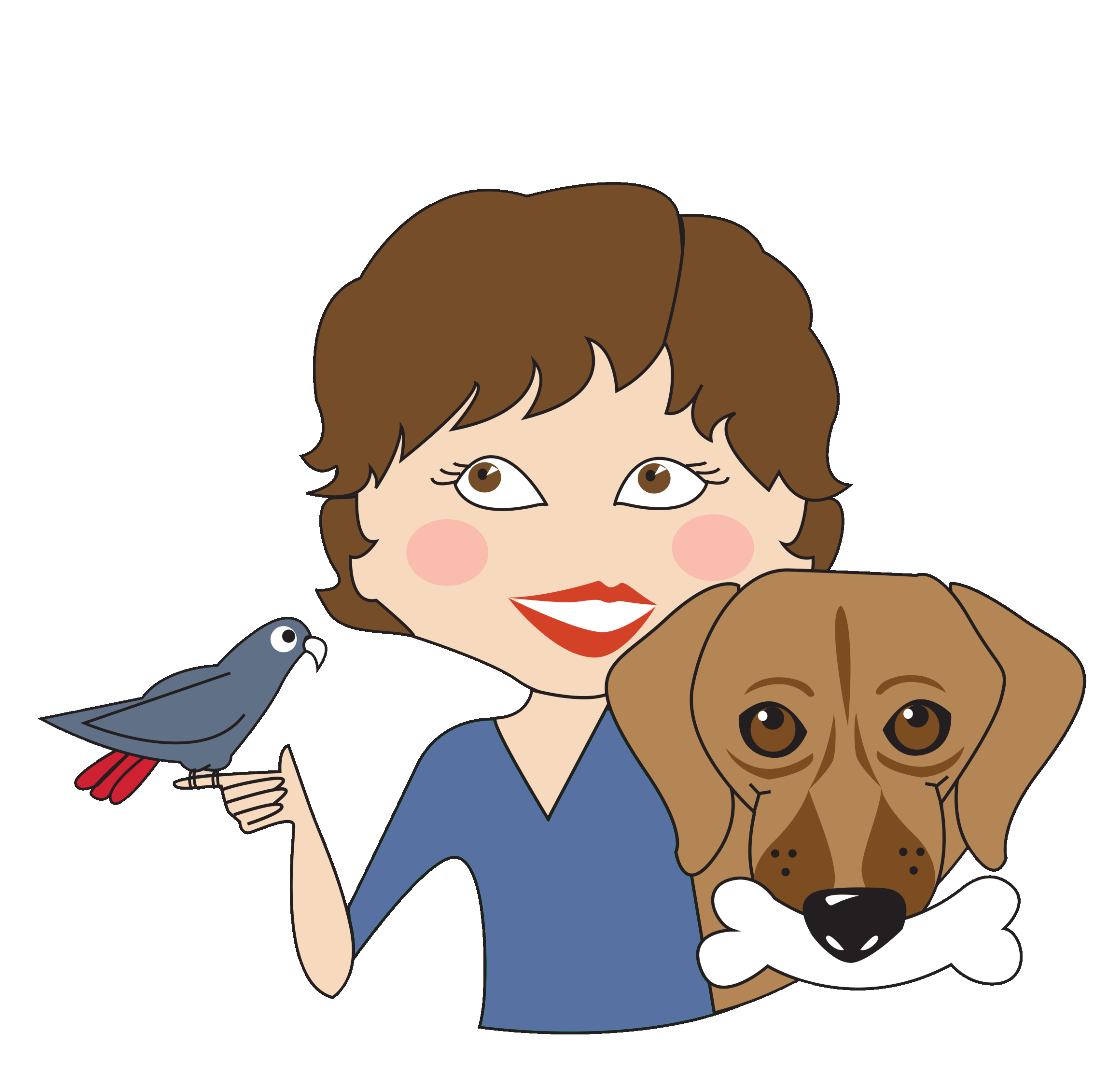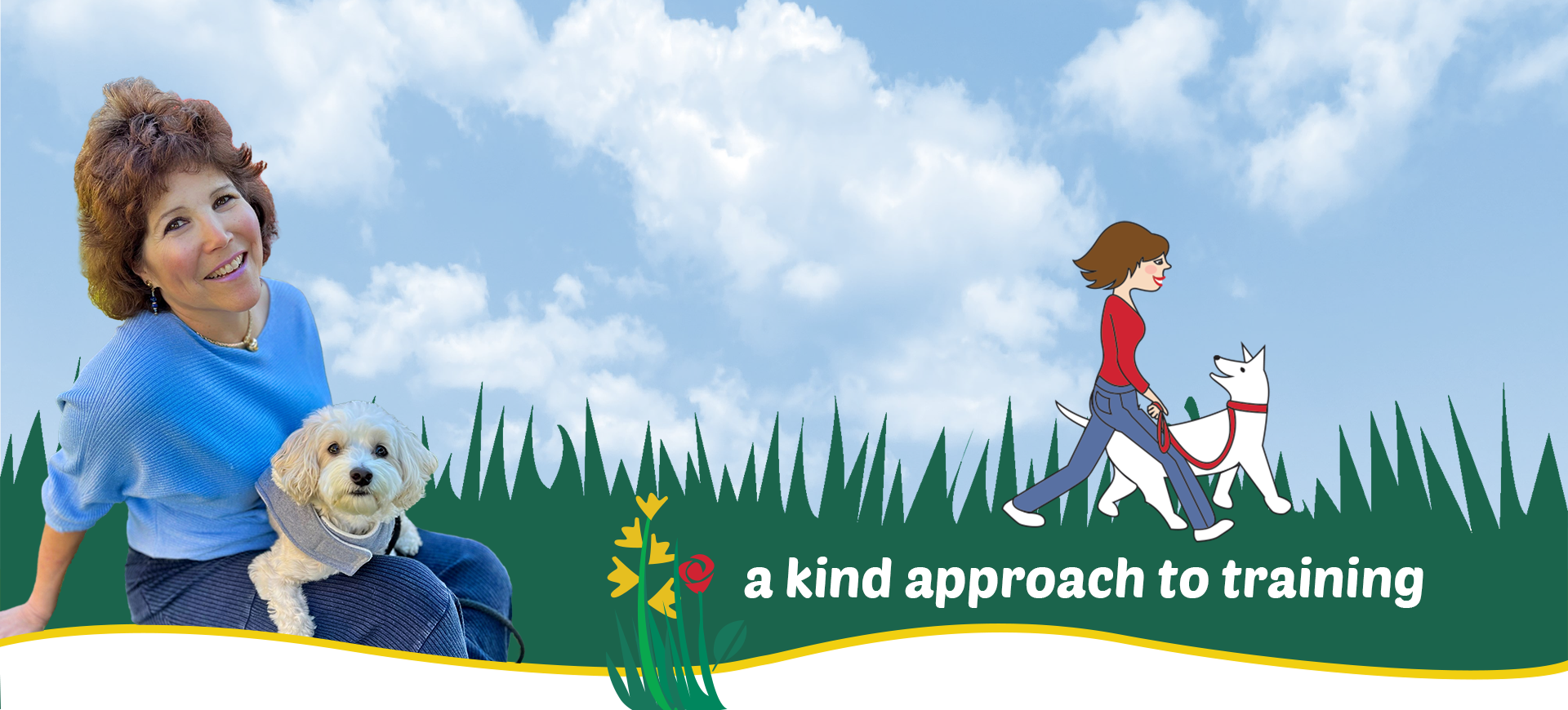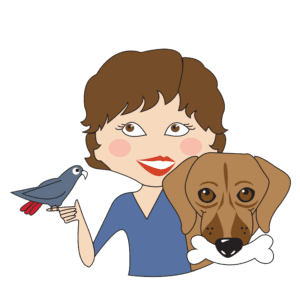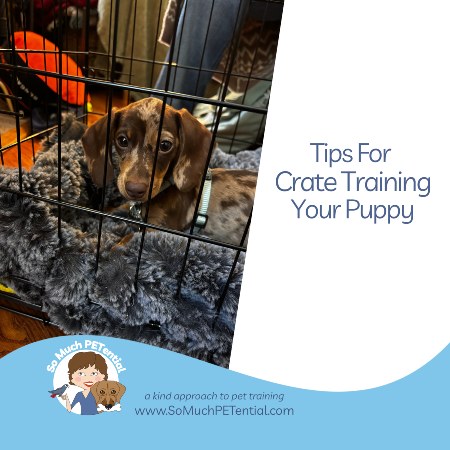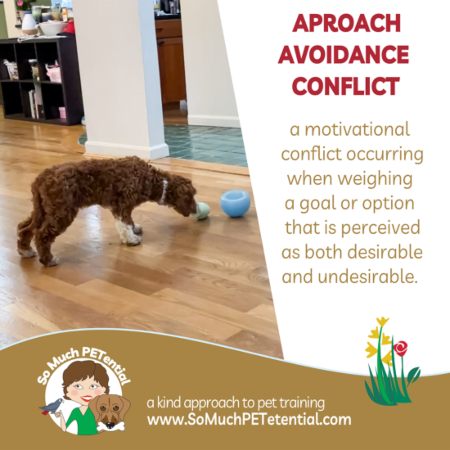For puppies, what they experience – or don’t experience – sets the foundation (in addition to their genetics) for the rest of their life when it comes to so much like whether novel sights, sounds, people and things will frighten them, create no reaction, or cause a positive emotional response. Or whether they will be able to rest in a confinement space like a crate. Or whether they will want to pay attention to their family even when there are a lot of distractions. The list can go on.
That being said, early socialization is the greatest gift you can give to your new companion. It should be a very high priority.
 Early socialization is SO much more than just exposing your puppy to new stimulus. It is about being diligent to ensure that interactions with his environment are fun, positive, and definitely not overwhelming. Any time a puppy is not enjoying the situation; there is the potential for doing more harm than good. However, short exposure to unusual objects, surfaces, sights and sounds where your puppy feels good (and you will know by his body language) are very empowering and resilience building.
Early socialization is SO much more than just exposing your puppy to new stimulus. It is about being diligent to ensure that interactions with his environment are fun, positive, and definitely not overwhelming. Any time a puppy is not enjoying the situation; there is the potential for doing more harm than good. However, short exposure to unusual objects, surfaces, sights and sounds where your puppy feels good (and you will know by his body language) are very empowering and resilience building.
The corona virus has meant doing some of this differently, but it is still very doable for you. I’ve written about this before but I will still recap some of the overarching considerations, with some suggestions during this time of social distance.
Keep experiences short, at a time when you can be actively focused on your puppy and his emotional state. Lots of short socialization sessions are better than longer ones. There are some puppies who should not go out every day. If you are out for a longer outing, you can give your dog a break by allowing it to relax in a safe and secure crate in the car (that is, if your puppy is relaxed in the crate and car).
Even when covid-19 wasn’t an issue, bringing your puppy to a hectic public event could have the potential for doing harm if you get distracted and your puppy gets overwhelmed with so much going on or people doing things to scare him.
Be careful of using food to lure. Luring a puppy into an uncomfortable situation, to decrease distance between it and something or someone new, can have negative consequences. That food may draw him closer but as soon as the food is gone, those puppies find themselves where they do not want to be and suddenly may exhibit a fear response. Food should be used to reinforce behavior (given to a puppy AFTER a behavior) not to lure a puppy, especially when it comes to socialization.
Dog parks are not good places to take a young dog for socialization. Any place like that where there are a lot of dogs and dog feces before a puppy has all of its immunizations can be a hazard – but also, with so many unknown dogs off leash at a dog park, anything could happen. It could take one bad experience during this sensitive period to cause long term fears in a young dog.
Do not ever force your puppy to approach or interact with anyone or anything that they are backing away from or showing any hesitancy around (tense muscles, turning away, yawning, muzzle licking, etc.). These puppies need help building their confidence. Instead, move away and give your puppy distance and begin teaching positive associations by pairing the stimulus with something positive while allowing your dog to approach at his own pace.
Give your puppy positive experiences with a wide variety of surfaces, sights, sounds, animals, environments, and people. You can give your puppy exposure also to other dogs and stimulus by sitting in a parking lot and letting your puppy watch, pairing the sights and sounds of the environment with valued reinforcers.
Teach your puppy that alone time is okay too. Puppies who are taught tolerance of being alone will be more adjusted.
Teach your puppy that calm behaviors or behaviors you want to see more of, are the behaviors that get him what he wants in life. Do not teach your puppy that uncontrolled wild and craziness gets him good stuff in life.
Have goals in mind with your puppy’s experiences. Are you going someplace to simply observe or to interact? Will you be taking your puppy to a new place to meet new people or to simply observe or play? Do you want your puppy to habituate to bikes or other moving vehicles so that they are just background? Always know when to stop (before your puppy becomes overly excited or shows a fear response). Stop the experience at its peak.
Impact of social distancing on socialization
The President’s guidelines for slowing the spread of coronavirus include:
Work or engage in school at home
Avoid social gatherings of 10 or more people
Avoid eating or drinking at bars or restaurants (use drive through, pick up or delivery)
Avoid discretionary travel, shopping and social trips
Do not visit nursing homes
Remain 6 feet or more away from anyone in public
Practice good hygiene
Within these guidelines, there is still a lot that you can do to socialize your puppy. Seeing people and its world passively is still good. Using their other senses including their sense of smell is good.
Here is a list of some ideas to get you started: (A lot of these are things I would recommend anyway)
- Find things in your house or yard that make noise, move in funny ways, are uneven or wobbly, and allow your puppy to interact with them including walking on, around or in them.
- Have people in your house dress in unusual ways like putting on a Halloween costume, wearing sunglasses, a hat.
- Practice teaching your puppy that being touched and groomed is a positive thing.
- Practice exposing your puppy to lots of different sounds, and associating those sounds with something good.
- Practice teaching your puppy that a clicker means great stuff; and to give you attention, to responding to its name, to doing different behaviors.
- Have a playdate in a fenced in yard with a trusted adult dog or another puppy where you can keep social distance from people.
- Take you puppy on a sniffing walk to stroll through nature.
- Practice teaching your puppy to settle in a crate.
- Practice taking your puppy out to a parking lot at a distance from other people, and having a feel-good moment with it. I used to take Dawson to parking lots and play or practice focus games.
- Neighborhood walk if you are safe from off leash dogs.
- Do private puppy training lessons outdoors at a six feet distance.
Some activities that you should avoid for now include:
- Playgroups, as it will be difficult to practice social distancing.
- Socialization visits to other people’s homes, nursing homes, or other public facilities
- Non-essential vet visits
- Group puppy class
- Public transportation, as your puppy will be a human magnet

